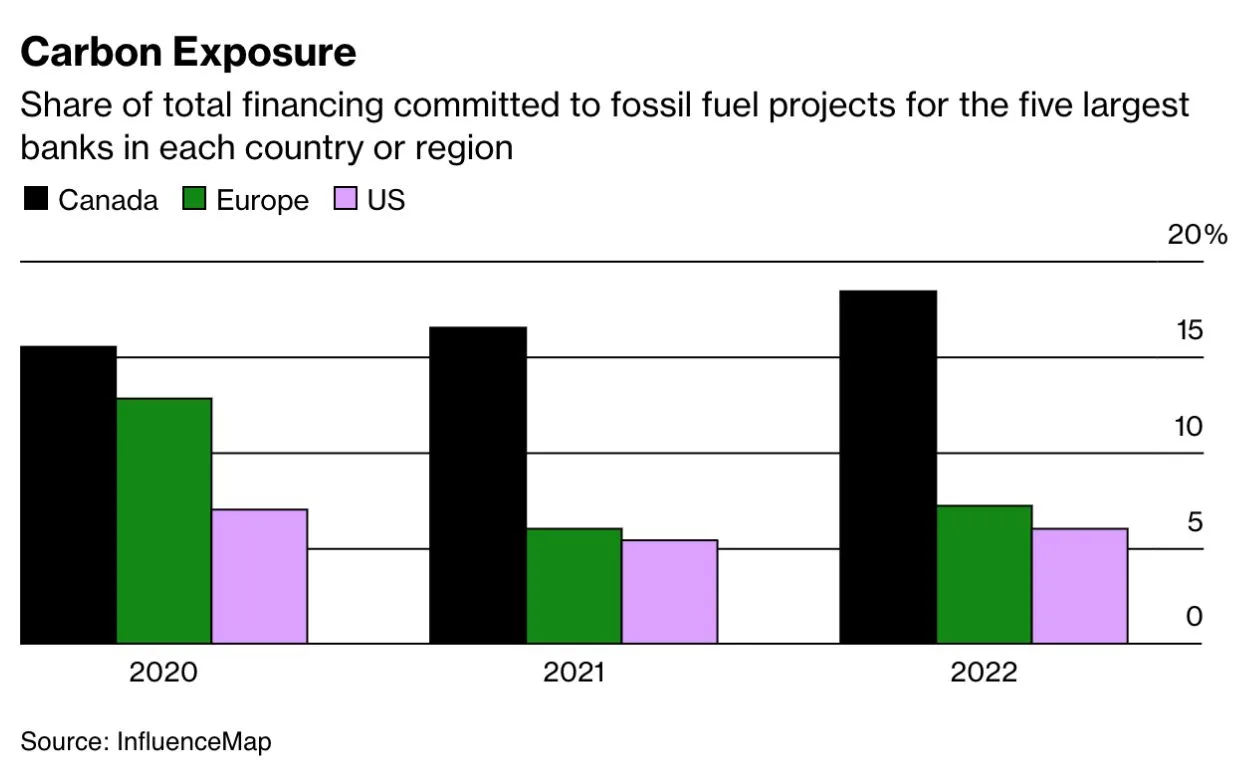A few weeks ago, we reported that the SEC had finally settled on a rule for companies to disclose a small part of their carbon emissions. It seemed like a baby step in the direction of where the rest of the world has been heading for years, namely a global net zero state.
Alas, we spoke too soon because now the SEC has agreed to pause the rule until the litigation against it has played out. Amongst others, the US Chamber of Commerce has sued the committee over the rule, alleging that it seeks to micromanage companies and undermine investors’ trust.
“Na-ah,” said some investors, though. “We do want to know.”
The same day that SEC put the deckchairs of the Titanic back in storage, NYC Comptroller, Brad Lander, and the city’s public pension system, announced that they had reached an agreement with JPMorgan Chase, Citi, and Royal Bank of Canada to disclose the banks’ Energy Supply Ratio (ESR) which is clean energy supply financing to fossil fuel extraction financing as well as their methodology for calculating this.
The agreement to disclose was a result of shareholder proposals filed with the banks. The pension system also has outstanding proposals with Bank of America, Goldman Sachs, and Morgan Stanley.
Estimates say that in order to be on track for a net zero world in 2050, the ESR will need to be in the vicinity of 4-to-1 in 2030. The estimated global ESR was 0.73-to-1 at the end of 2022 with North America dragging their feet at an estimated 0.61-to-1.
Bloomberg brought this graph a few weeks ago, that shows the walking of the walk versus the talking of the talk:

Regitze Ladekarl, FRM, is FRG’s Director of Company Intelligence. She has 25-plus years of experience where finance meets technology.

